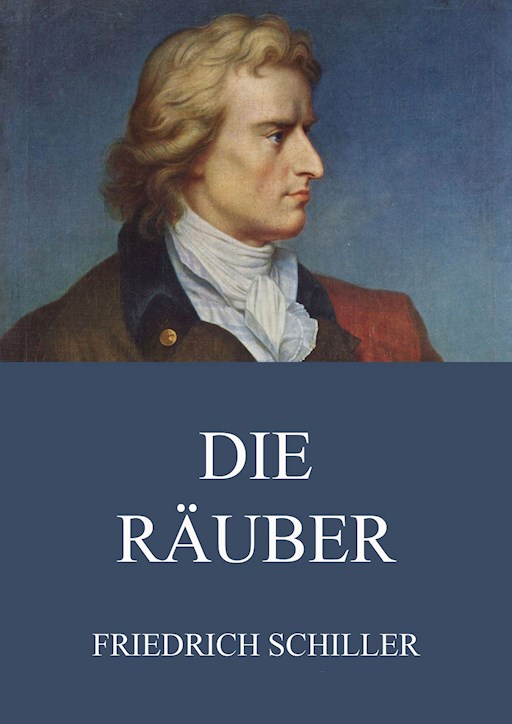


Schiller himself never visited Switzerland, but one of the first things he did when he started work on the play was to order a large-scale map of the Vierwaldstättersee. Schiller half-jokingly claimed that he had started writing his play in 1803 to put an end to the persistent rumours that he was working on a play about William Tell - in practice the impetus seems to have come mostly from his wife Charlotte, who had a long-standing interest in Swiss culture, and from Goethe. Nonetheless, he has long been an important symbol of Swiss national identity, and he achieved pan-European status as an icon of liberty around the time of the French Revolution. However, Tell’s act of murder separates him from the other Swiss protagonists in Schiller’s attempt to outline a righteous revolution, different from the one in France.Like many other medieval folk-heroes, the early-14th-century Swiss freedom-fighter William Tell turns out to have left little or no solid evidence to prove that he ever existed - the earliest written mentions of his name are about a century after his supposed lifetime, while many of the stories told about him have suspiciously close parallels to much older mythological sources. The comparison between Schiller’s play and the contemporary German philosopher Johann Benjamin Erhard’s essay Über das Recht des Volks zu einer Revolution illustrates that Schiller’s social utopia develops in accordance with contemporary social visions.


The comparison of the play with earlier versions of the Tell legend highlights the roles of peasants and nobles in the establishment of the Swiss Confederation and suggests that Schiller elaborated extensively on the idea of a ‘common ground’ among the Swiss from different classes. A further analysis, based on Brown’s and Levinson’s politeness theory confirms the development of a social utopia in the play, but also reveals that Wilhelm Tell plays a minor role in the social development described. An initial study of its dramatic structure suggests a change in the relationship between the Swiss peasants and nobles. This paper is an interdisciplinary analysis of Friedrich Schiller’s play Wilhelm Tell (1804).


 0 kommentar(er)
0 kommentar(er)
